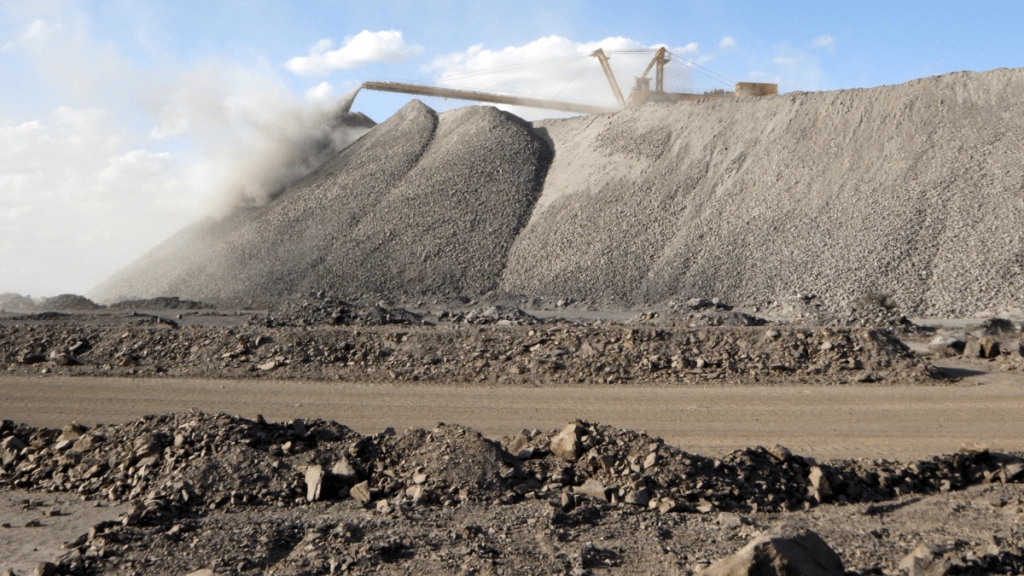The industry’s lack of response and interest to the auction of a few critical mineral blocks including lithium – a key component in renewable energy sources – poses concern over availability of adequate technology and the country’s ability to tap the domestically found minerals, according to analysts.
They are of the view that to successfully mine these minerals, it is imperative that the government provide some kind of assistance in terms of viability gap funding and thrust to technology development.
“A typical greenfield mine requires at least 4-5+ years to commercialize with significant investments. The commercial viability of the said blocks is challenging due to existing technologies and the nature of the reserves, likely leading to insufficient bids and the cancellation,” said Rakesh Surana, Partner, Deloitte India.
India has been targeting at increasing the domestic exploration and production of critical minerals and rare earth minerals used in key sectors such as renewable energy, telecommunications, nuclear energy, and others to reduce its import dependency on top suppliers including China.
To achieve the same, the government has so far auctioned 38 blocks of critical minerals in the first three tranches. In the fourth tranche held last month, the government put 21 critical mineral blocks under the hammer.
However, just recently, the mines ministry canceled the auction of three critical mineral blocks including the lithium mine in Jammu and Kashmir with 5.9 million tonnes of lithium ore under the third tranche of auction due to insufficient number of bids.
Last month, in the second tranche, the government had to cancel the auction of 14 critical minerals due to weak response. Under the first tranche, the government had canceled the auction of 13 blocks of the 20 put on sale.
“Viability gap funding could possibly attract more bidders at this auction stage for critical minerals,” Surana said.
In the Budget, the government also exempted as much as 25 critical minerals from import duties to give a boost to energy storage capacity and mitigate intermittency issues in scaling up the renewable energy. Analysts see the measure as an immediate solution to the issue but falling short in creating self-sufficiency.
“The custom duty waiver addresses immediate needs of the country but doesn’t eliminate the necessity of creating self sufficiency. These mines will take 4-5+ years to become operational. We’ll continue to rely on imports in the meantime,” Surana said.
The industry has raised queries on the bid document with limited information on the size of the lithium block in J&K and absence of any beneficiation study to assess the feasibility of extracting lithium and processing it.
“We have started exploration work in J&K where GSI (Geological Survey of India) identified lithium deposits in collaboration with the J&K government. As soon as possible, we will complete the exploration and auction it to start work on mining lithium with full force,” Union Minister of Coal and Mines G Kishan Reddy has earlier told the Rajya Sabha.
Lithium is a critical mineral used in various sectors ranging from energy storage projects, electric vehicle batteries to consumer electronics.
